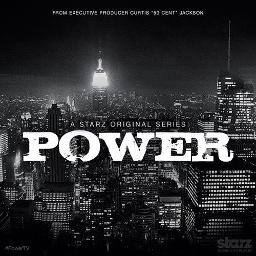


1955: Marvin & The Chirps recorded on the Tip Top label.1955: Larry Cross recorded on the Embassy label.King & His Orchestra recorded on RPM Records. 1955: Red Sovine recorded the song, released on the Brunswick label.1955: The Weavers performed the song on their concert album The Weavers at Carnegie Hall.1955: Sung live by Elvis Presley in his early 1950s concerts, but never recorded.The song has been recorded or performed in concert by a wide variety of musicians: On 10 November, a million copies had been sold two million were sold by 15 December. Ford's version was released on 17 October, and by 28 October had sold 400,000 copies. Laine's version was not released in the United States but sold well in the UK. Nevertheless, Ford's version was the most successful, spending four weeks at number 1 in the UK Singles Chart in January and February 1956. In the United Kingdom, Ford's version competed with versions by Edmund Hockridge and Frankie Laine. 1 position for ten weeks, then crossed over and held the number 1 position on the pop music chart for eight weeks, besting the competing version by Johnny Desmond. It hit Billboard's country music chart in November and held the No. With Ford's snapping fingers and a unique clarinet-driven pop arrangement, it quickly became a million seller. Tennessee Ernie Ford recorded "Sixteen Tons" in 1955 as the B-side of his cover of the Moon Mullican standard " You Don't Have to Be a Baby to Cry". In the United States the truck system and associated debt bondage persisted until the strikes of the newly formed United Mine Workers and affiliated unions forced an end to such practices. Workers also usually lived in company-owned dormitories or houses, the rent for which was automatically deducted from their pay. This made it impossible for workers to store up cash savings. Under this scrip system, workers were not paid cash rather they were paid with non-transferable credit vouchers that could be exchanged only for goods sold at the company store. This and the line "I owe my soul to the company store" are a reference to the truck system and to debt bondage. The line "another day older and deeper in debt" from the chorus came from a letter written by Travis's brother John. Davis's 1966 recording of his version of the song (with some slightly different lyrics and tune, but titled "Sixteen Tons") appears on the albums George Davis: When Kentucky Had No Union Men and Classic Mountain Songs from Smithsonian. There is no supporting evidence for Davis's claim. Davis, a folk singer and songwriter who had been a Kentucky coal miner, claimed on a 1966 recording for Folkways Records to have written the song as "Nine-to-ten tons" in the 1930s he also at different times claimed to have written the song as "Twenty-One Tons". The sole authorship of "Sixteen Tons" is attributed to Merle Travis on all recordings beginning with Travis's own 1946 record and is registered with BMI as a Merle Travis composition.

On March 25, 2015, Ford's version of the song was inducted into the Library of Congress's National Recording Registry. The most well known version was recorded in 1955 by American singer Tennessee Ernie Ford reached number one in the Billboard charts, while another version, by Frankie Laine in 1956, was released only in Western Europe, where it gave Ford's version competition. Tennessee Ernie Ford's version of "Sixteen Tons" was a number-one hit in the United States.


 0 kommentar(er)
0 kommentar(er)
